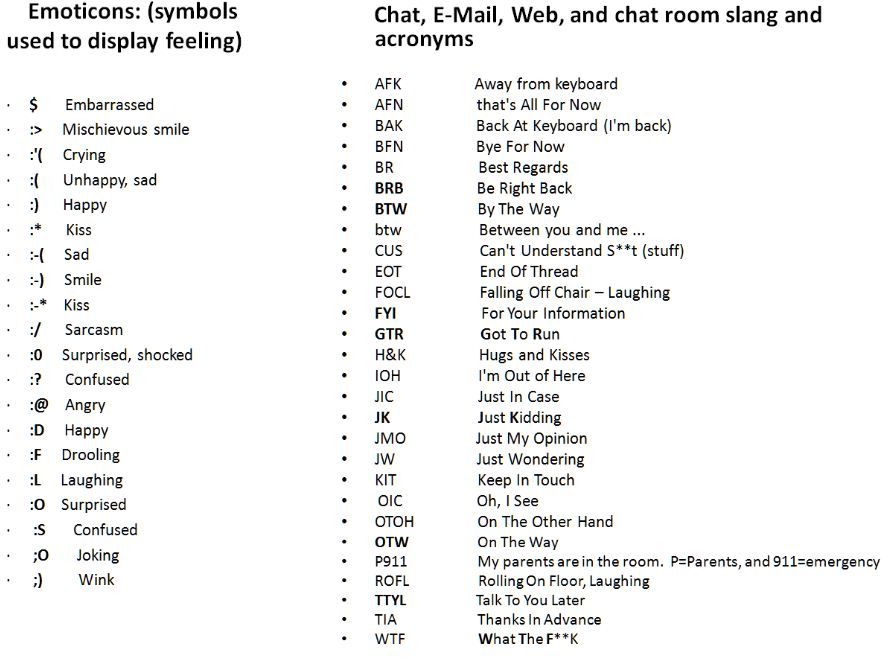
What Does ‘Comp’ Mean in Slang? A Comprehensive Guide
Slang terms constantly evolve, reflecting cultural shifts and emerging trends. Understanding these terms is crucial for effective communication, especially in online spaces. One such term is “comp.” So, what does comp mean in slang? This article aims to provide a comprehensive understanding of the term “comp,” exploring its various meanings, origins, and usage in contemporary slang. We’ll delve into the nuances of this word, ensuring you’re well-equipped to understand and use it correctly (or avoid it altogether, depending on your preference).
The Primary Meaning: Compliment
The most common and widely accepted meaning of “comp” is a shortened version of “compliment.” In this context, it’s used to express admiration, appreciation, or praise for someone or something. This usage is relatively straightforward and easily understood.
Example: “Nice outfit! That’s a real comp.”
Usage in Text and Social Media
In text messages, social media posts, and online forums, “comp” is often used to save space and time. It’s a quick and informal way to acknowledge something positive about someone or their work. The brevity makes it particularly appealing in character-limited environments like Twitter (now X) or in fast-paced group chats.
Alternative Meanings and Contextual Usage
While “compliment” is the primary meaning, “comp” can also have other interpretations depending on the context. These alternative meanings are less common but important to be aware of to avoid miscommunication.
Compensation or Complimentary
In certain business or professional contexts, “comp” can be shorthand for “compensation,” referring to payment or reimbursement for services rendered. Alternatively, it can stand for “complimentary,” meaning something given free of charge.
Example (Compensation): “My comp for the project was higher than expected.”
Example (Complimentary): “We received a comp room upgrade at the hotel.”
Competitive
Less frequently, “comp” might be used as an abbreviation for “competitive,” describing a situation or person characterized by rivalry or a strong desire to win.
Example: “The gaming scene is very comp.”
In Gaming: Competition or Competitor
Within the gaming community, “comp” often refers to competitive gaming or a competitor. This usage is prevalent in discussions about esports, tournaments, and ranked gameplay.
Example: “He’s a serious comp player in Overwatch.” Or, “Let’s play some comp tonight.”
The Evolution of ‘Comp’ in Slang
The evolution of “comp” as slang mirrors the broader trends in language simplification and abbreviation driven by digital communication. The need for concise expressions in text messages and social media has fueled the adoption of shortened forms like “comp.” The term’s adaptability, taking on different meanings based on context, further contributes to its longevity and relevance.
Why ‘Comp’? The Psychology of Slang
Slang serves several psychological and social functions. It fosters a sense of belonging among users, creating an in-group identity. Using slang like “comp” can signal familiarity with a particular subculture or community, whether it’s online gamers, social media enthusiasts, or a specific age group. Moreover, slang can be a way to express oneself creatively and playfully, adding color and personality to communication.
Potential Misunderstandings and How to Avoid Them
The multiple meanings of “comp” can lead to misunderstandings if the context is unclear. To avoid confusion, consider the following strategies:
- Provide Context: Ensure your sentence or conversation provides enough information for the listener or reader to understand your intended meaning.
- Use Full Words: If clarity is paramount, opt for the full word (“compliment,” “compensation,” “competitive”) instead of the abbreviation.
- Consider Your Audience: Be mindful of your audience’s familiarity with slang. If you’re communicating with someone who may not be familiar with the term, it’s best to avoid it altogether.
‘Comp’ in Different Generations
Slang terms often have generational connotations. While younger generations may readily use “comp” as a synonym for “compliment,” older generations might be less familiar with this usage. Understanding these generational differences is crucial for effective intergenerational communication. It’s also important to remember that even within a generation, slang usage can vary based on regional and social factors.
Examples of ‘Comp’ in Everyday Conversation
To further illustrate the use of “comp,” here are some examples of how it might appear in everyday conversation:
- “I gotta comp you on your new hairstyle; it looks amazing!”
- “She gave me a comp for my hard work on the project.”
- “The comp scene in that game is brutal.”
The Future of ‘Comp’ in Slang
As language continues to evolve, the future of “comp” in slang is uncertain. It’s possible that the term will fade out of popularity, replaced by newer slang terms. Alternatively, it could continue to be used, potentially evolving further in meaning or usage. The key to its longevity will likely depend on its continued relevance and adaptability in digital communication.
Alternatives to Using ‘Comp’
If you are unsure about using “comp” or want to avoid potential confusion, here are some alternative phrases you can use:
- For “compliment”: “That’s a great compliment,” “I admire that,” “I appreciate that.”
- For “compensation”: “Payment,” “Reimbursement,” “Earnings.”
- For “competitive”: “Rivalrous,” “Driven,” “Ambitious.”
Conclusion: Navigating the World of Slang
Understanding slang terms like “comp” is essential for navigating the complexities of modern communication. While the term primarily functions as a shortened version of “compliment,” its alternative meanings and contextual usage require careful consideration. By being aware of these nuances and employing strategies to avoid misunderstandings, you can effectively communicate and confidently engage in conversations, both online and offline. Ultimately, knowing what does comp mean and how to use it correctly will improve your communication skills in various contexts. Remember to always consider your audience and the context of the conversation to ensure that your message is received as intended. [See also: Understanding Internet Slang] [See also: Common Acronyms Online] [See also: How to Use Emojis Effectively]
